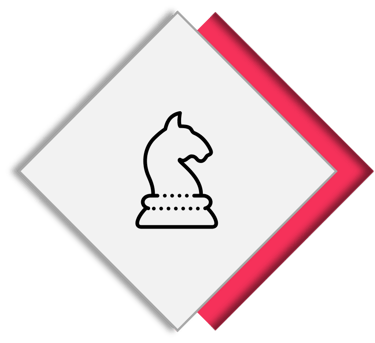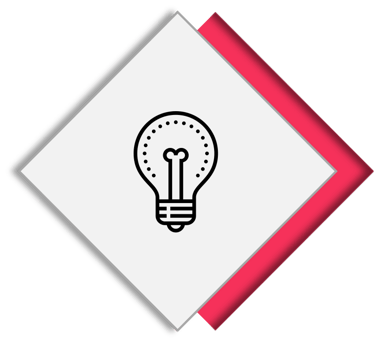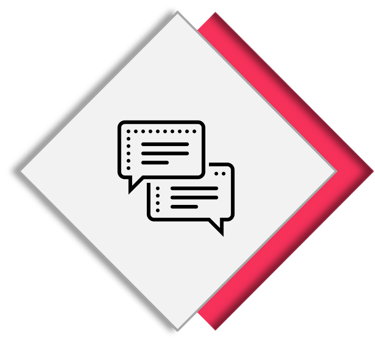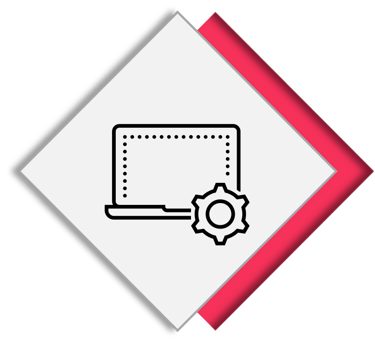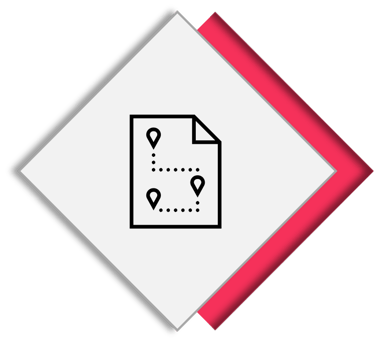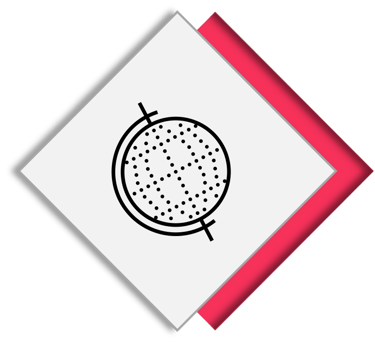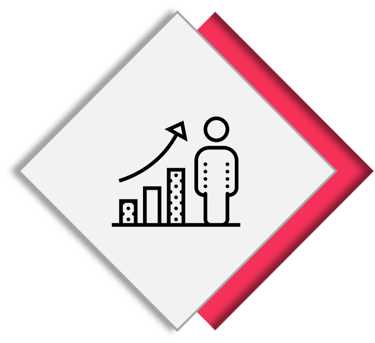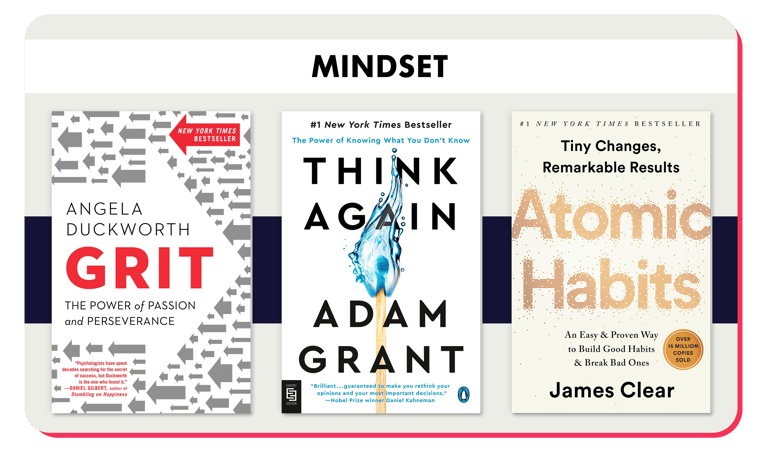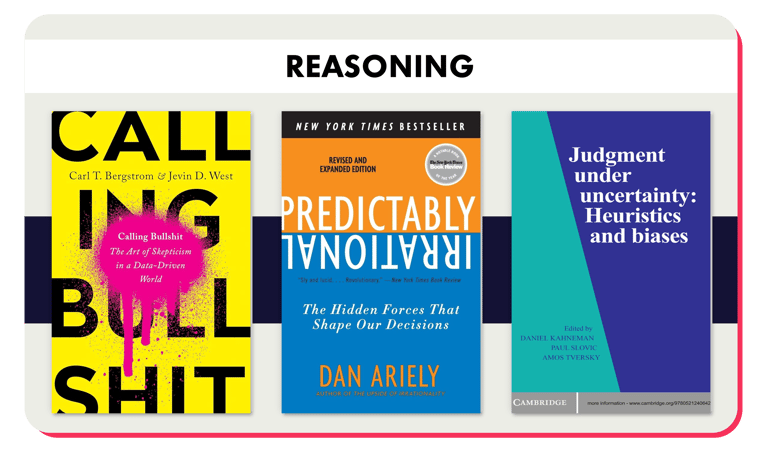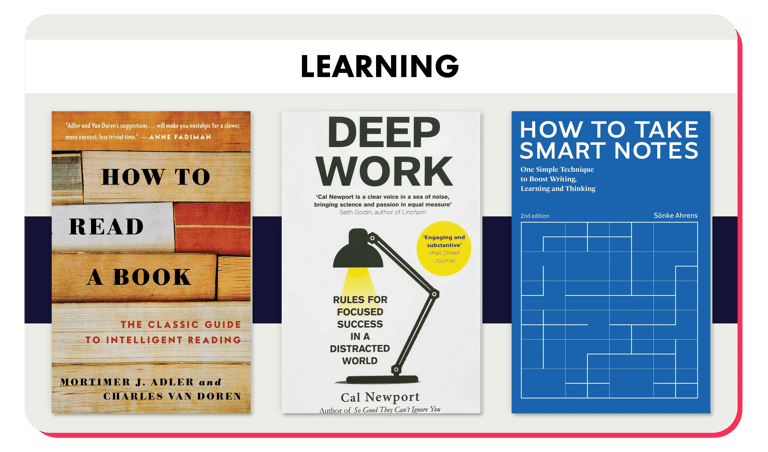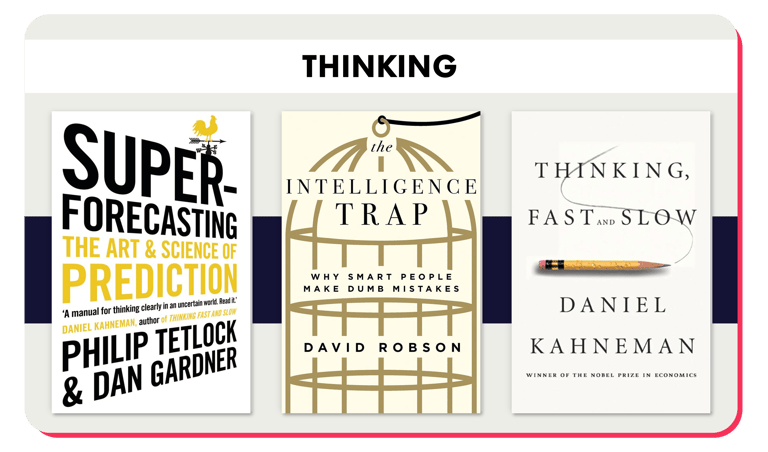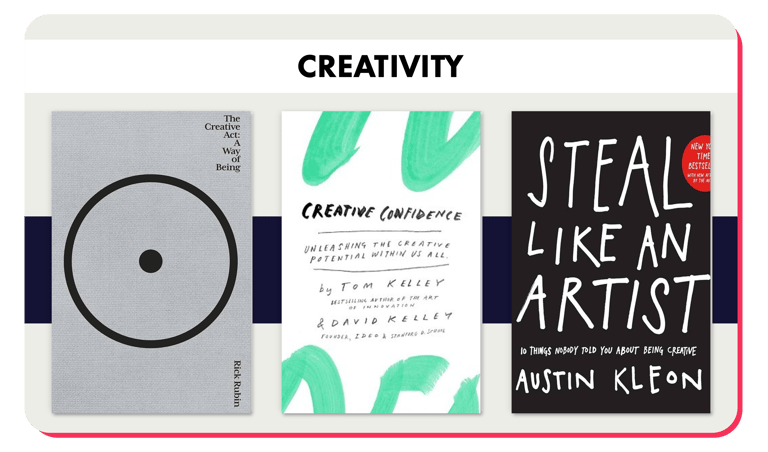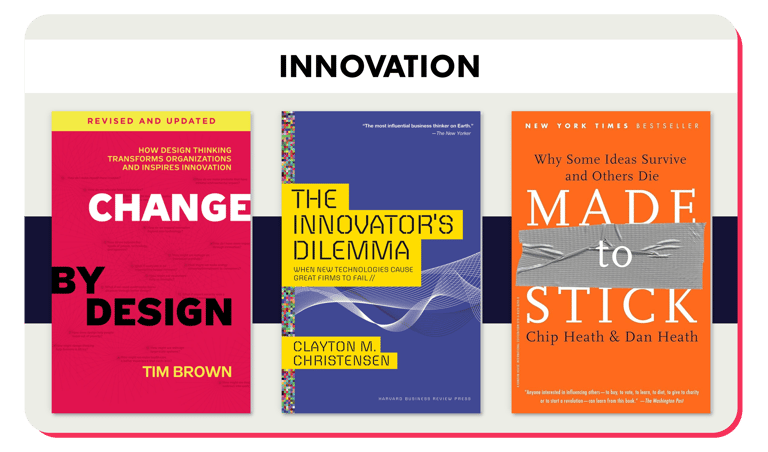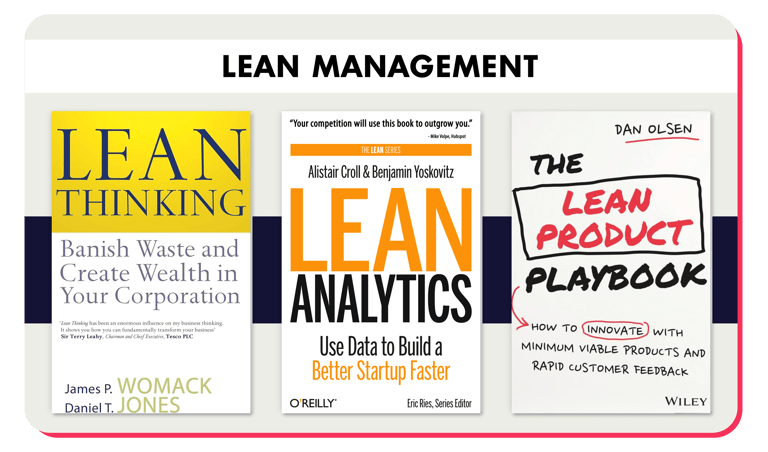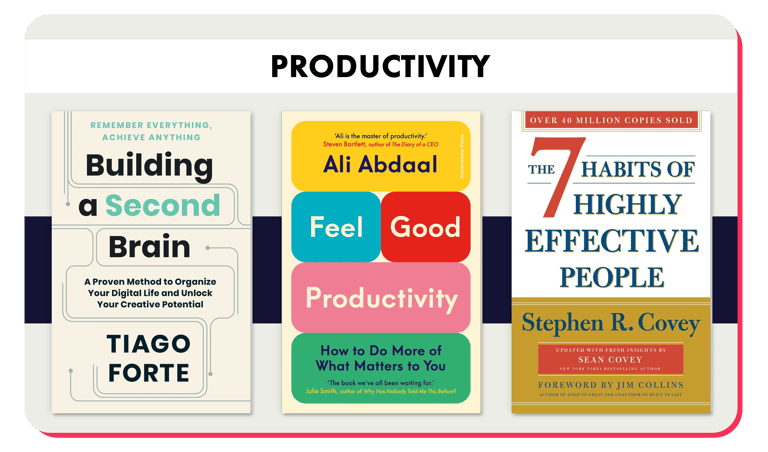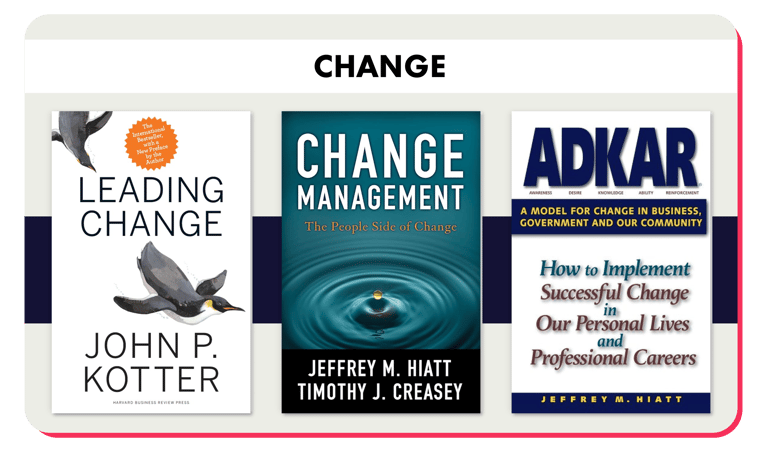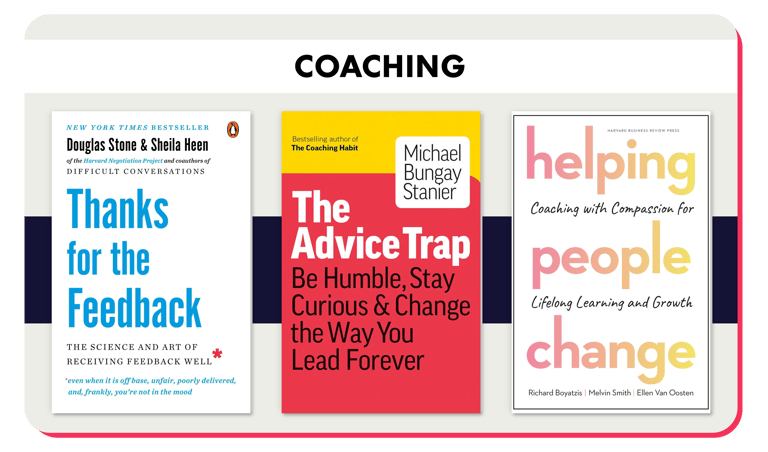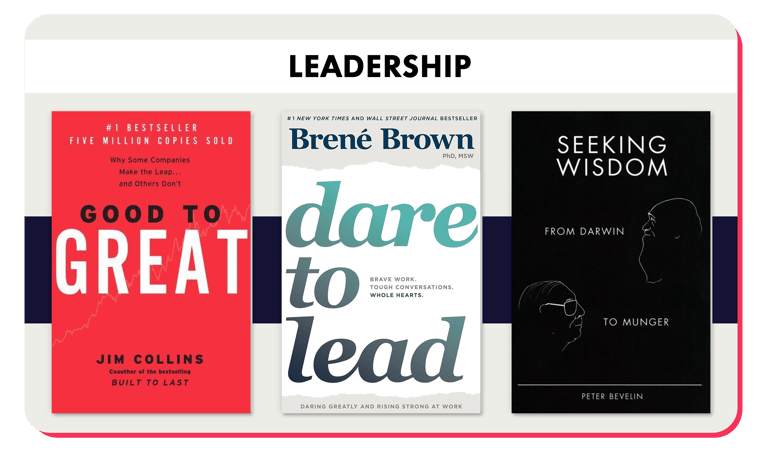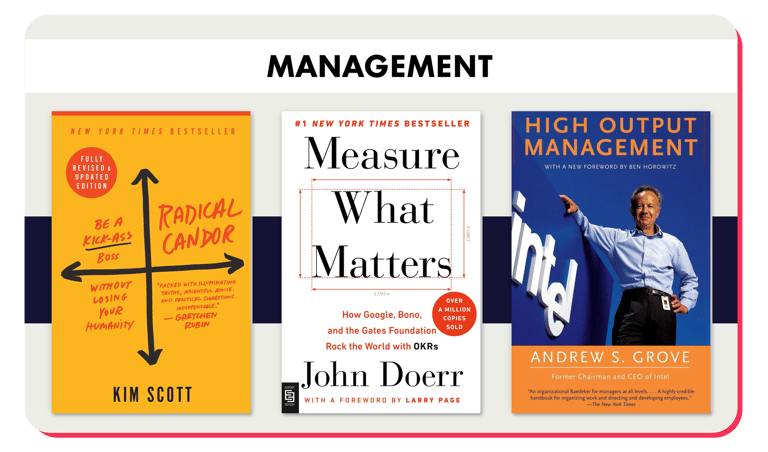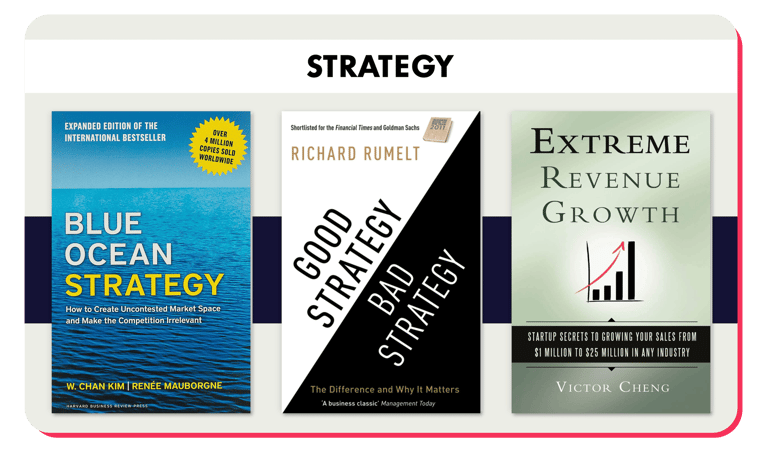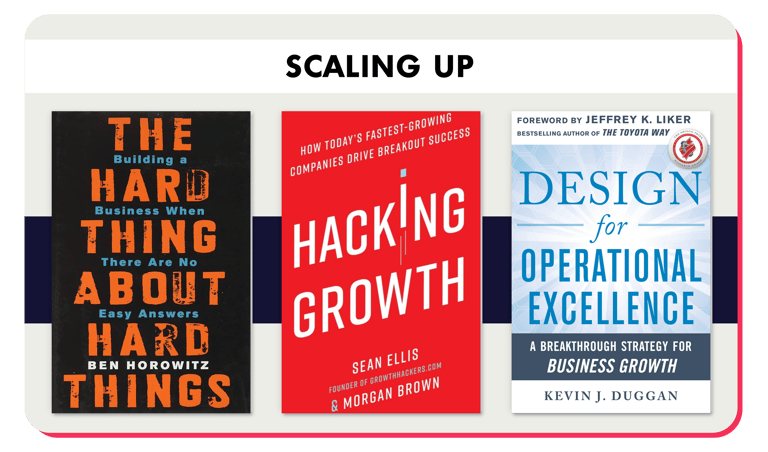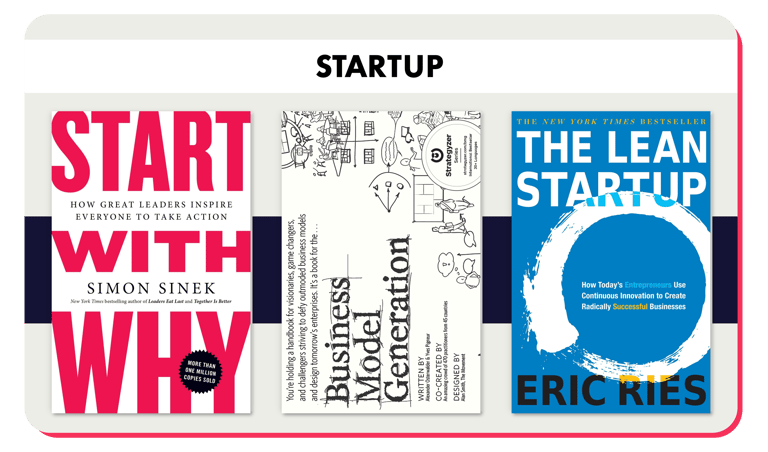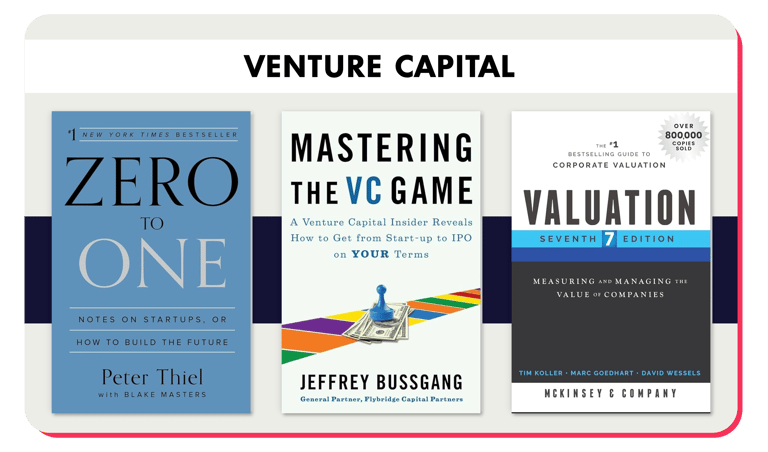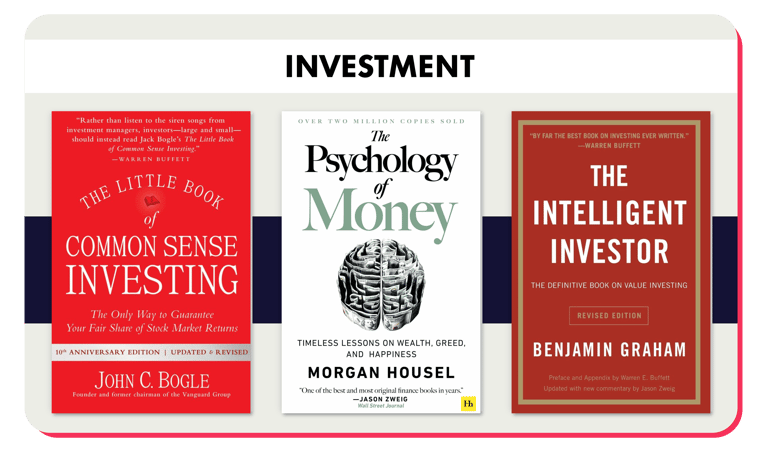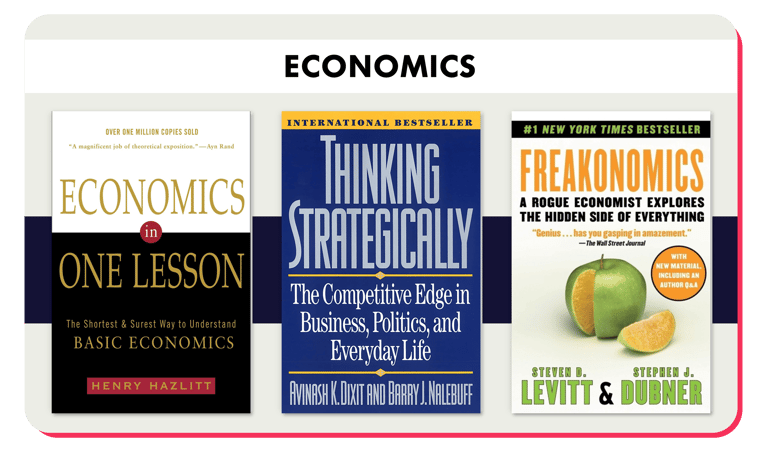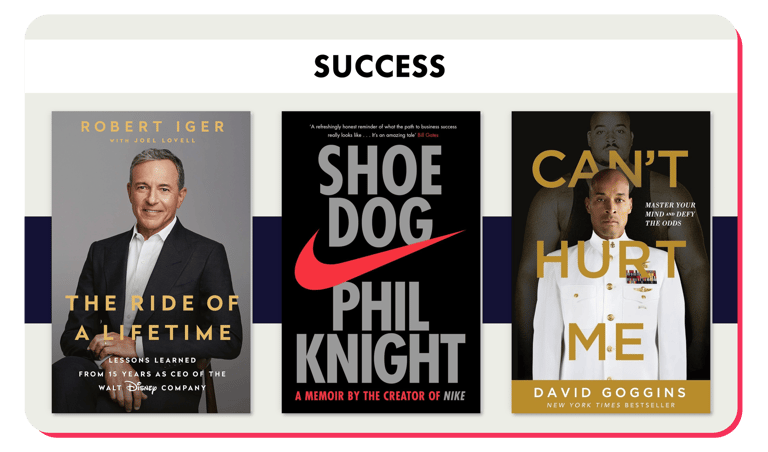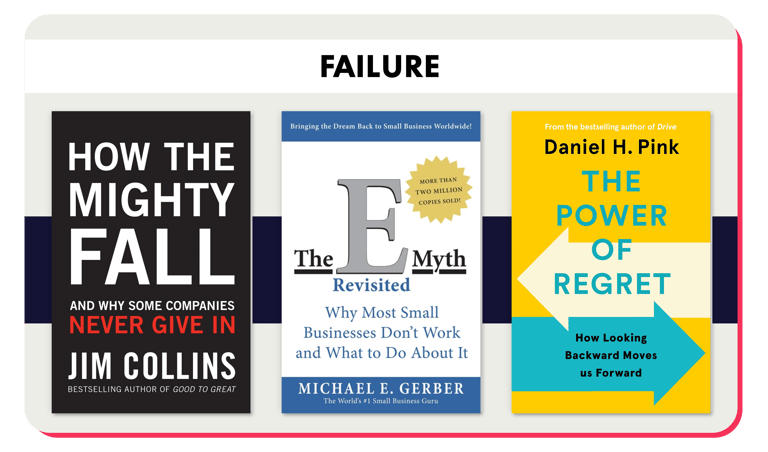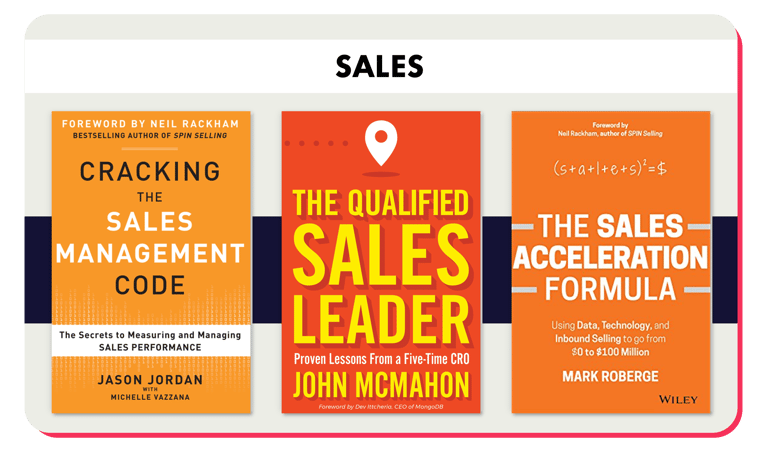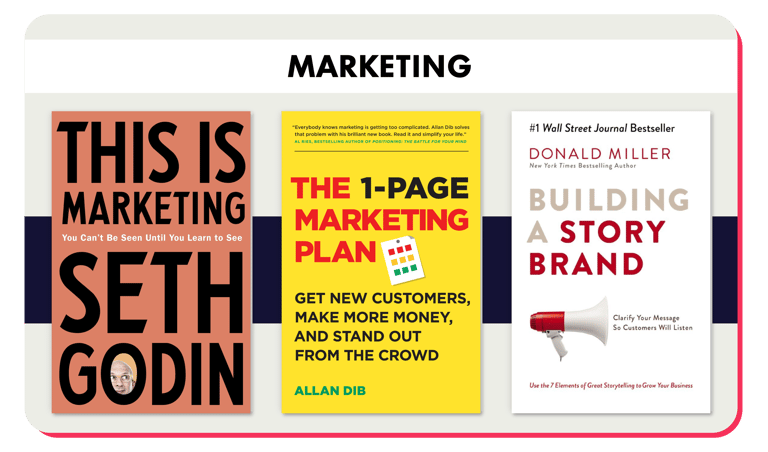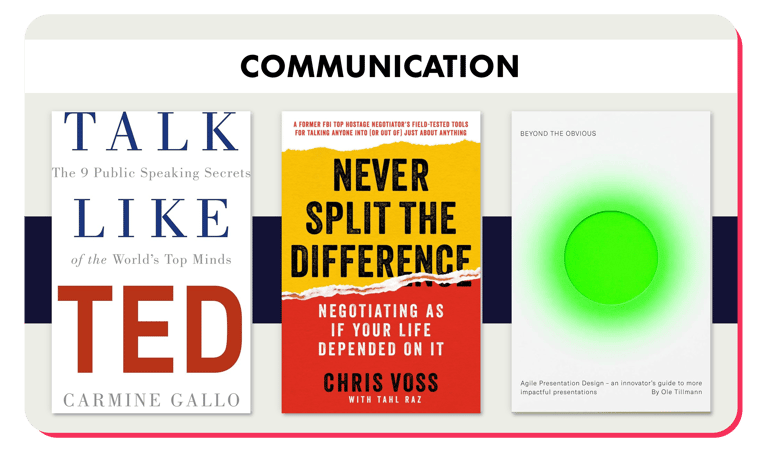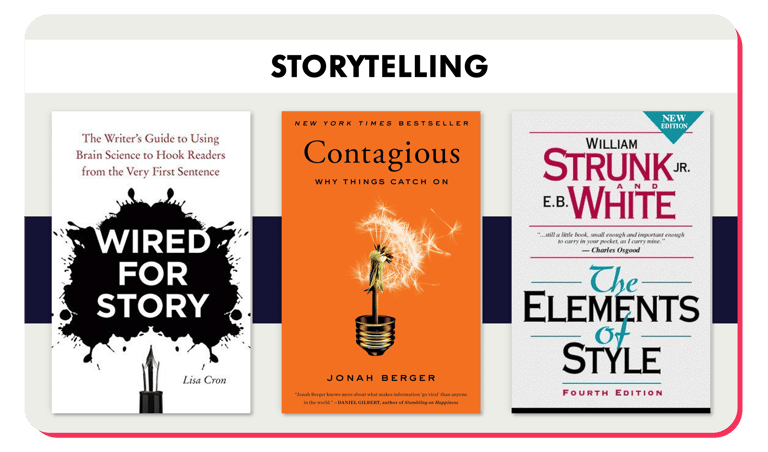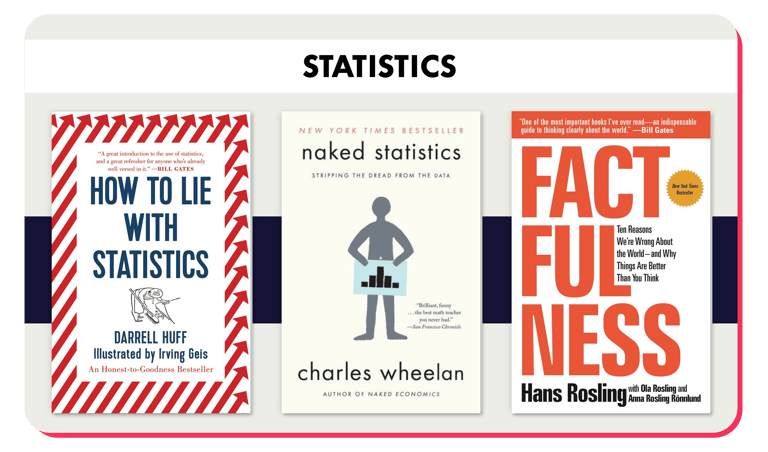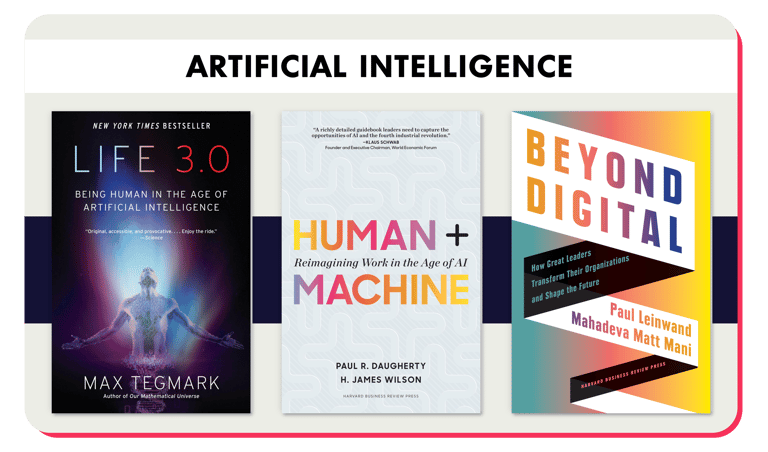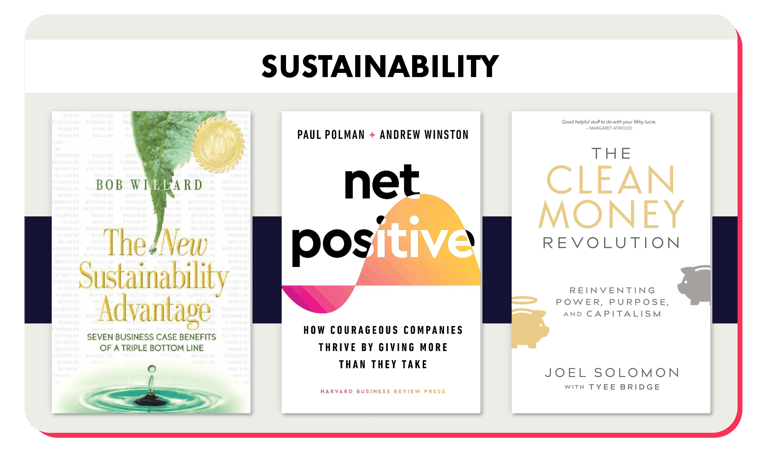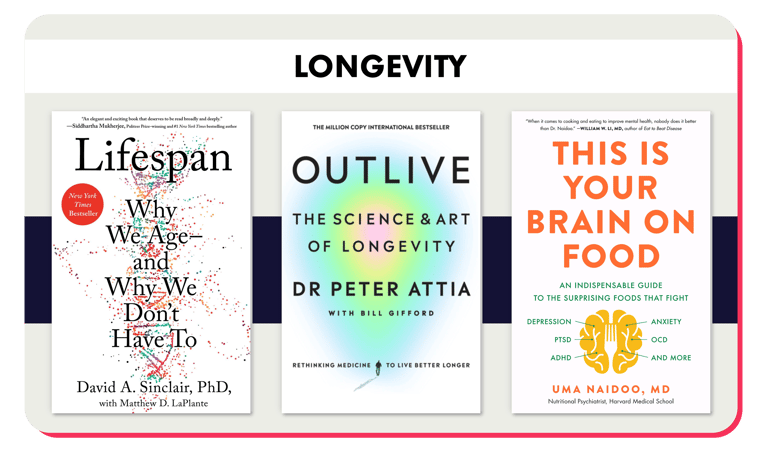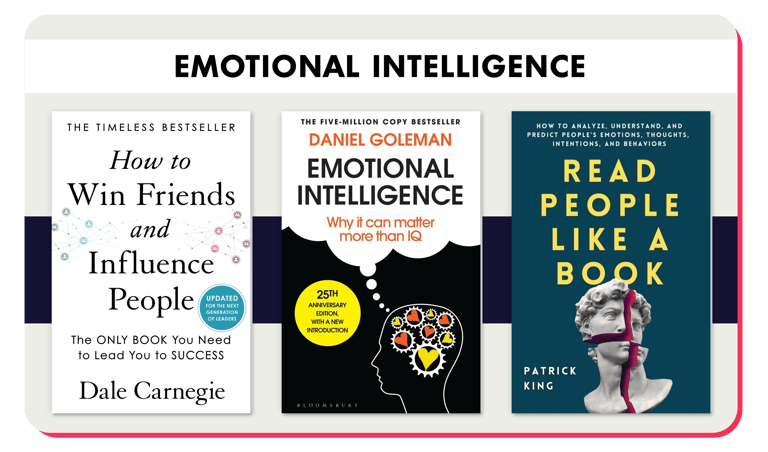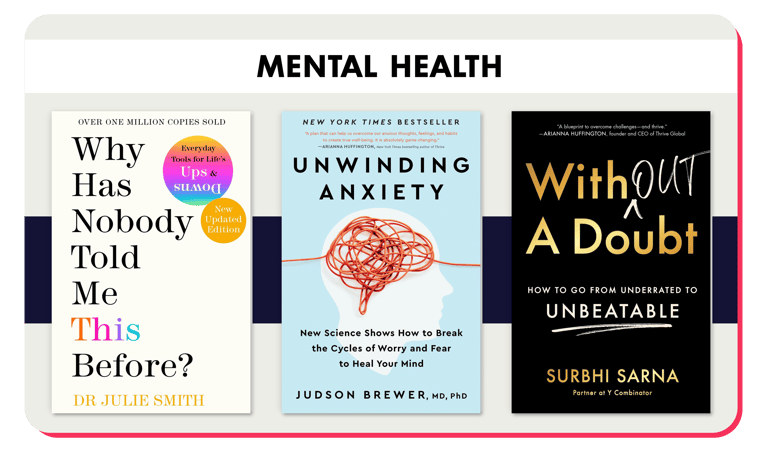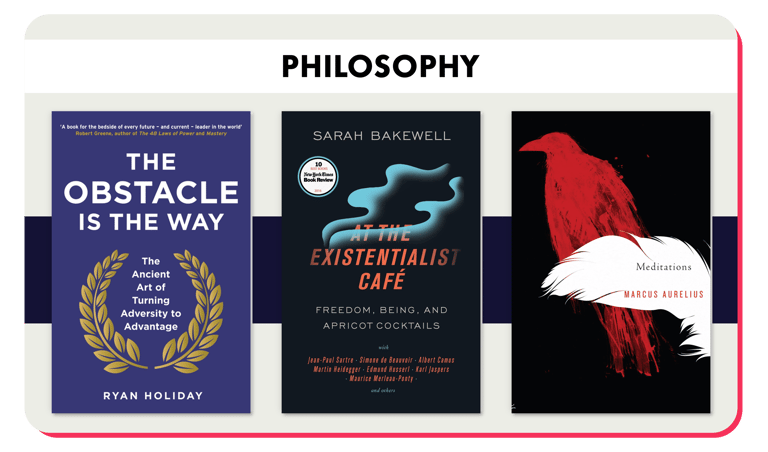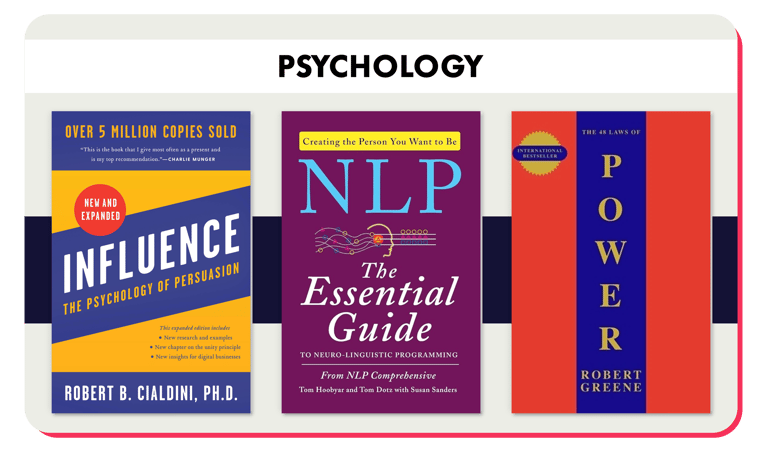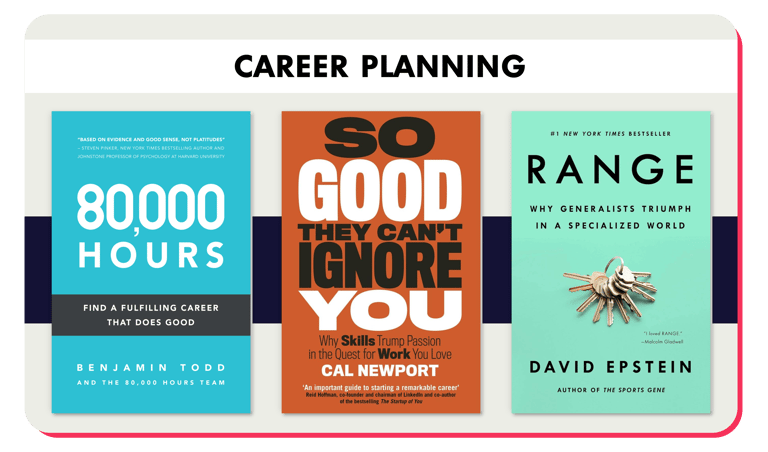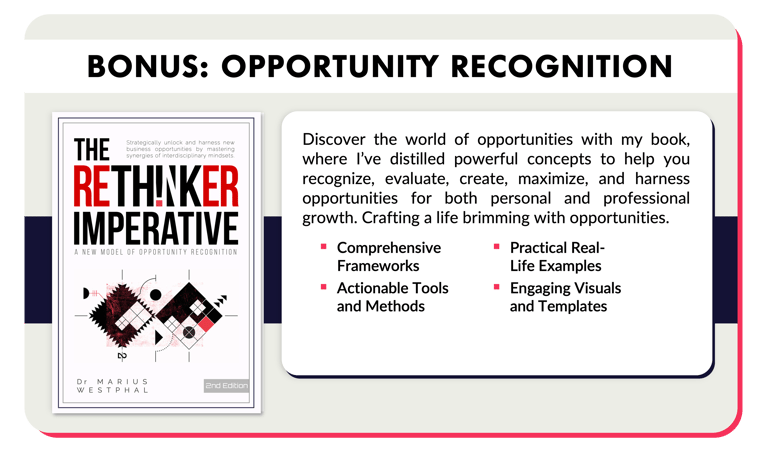Your DIY Masterclass.
Invest In Yourself · Challenge YOUR LIMITS · Embrace Lifelong Learning · Transform Your Life · DISCOVER Your Purpose · Make A Difference

Empower Yourself on Your Lifelong Growth Journey:
From Aspiration to Achievement through Quality Input.
FAQ: When Should One Start? A: It's Not About Timing - It's About Time In!
The Best Investment You Can Make is in Yourself.
“In my whole life, I have known no wise people who didn’t read all the time—none, zero.
You’d be amazed at how much Warren (Buffett) reads—and at how much I read.”
*Charlie Munger
When you learn to consistently generate the results you want, you become unstoppable. Self-investment isn’t just about acquiring knowledge—it’s about dedicating time, energy, and resources to refining your mindset, sharpening your skills, and enhancing your well-being. It’s recognizing the intrinsic value you bring to your life and realizing that by investing in yourself, you directly impact your happiness and success. Continuous development is like a secret weapon. By actively seeking new knowledge and refining your abilities, you gain a lasting competitive edge. This constant evolution expands your expertise, shapes how you think, and strengthens your courage to embrace change. As Marcus Aurelius wisely noted, “The happiness of your life depends upon the quality of your thoughts.”—and the quality of your thoughts is a direct result of the quality of your input. By enriching your mind, you profoundly impact your overall well-being.
Begin your journey with small, actionable steps. Dedicate 30 minutes each day to reading, reflection, or skill-building. These small investments add up, creating a powerful foundation for lasting change. So just start where you are, use what you have and do what you can. Because you don’t have to be great to start, but you have to start to be great!
The more you understand yourself, the more you’ll be able to grow, develop your strengths, and effectively navigate life’s challenges. Growth is an intentional process, and that’s why it’s critical to strive to enhance our thinking daily. One of the most effective ways to do this is through reading. Books are concentrated sources of wisdom, allowing you to consume insights at your own pace, in your own time. The more you read, the more wisdom you expose yourself to.
Embracing the Wisdom of Others: Leverage Lifetimes of Experience.
We don’t get to choose our beginnings, but we can choose whose wisdom we follow. Just because you may not have had the perfect role models or mentors doesn’t mean you are limited in your growth. The greatest minds in history have recorded their journeys, struggles, and solutions in books. These resources are readily available to guide you, transforming your path and helping you build the life you desire. The opportunity to stand on the shoulders of giants is available to all of us. You can choose who you learn from and, by doing so, redefine your direction. We not only owe it to ourselves to seek out this hard-won knowledge, but we also owe it to the people who took the time to record their experiences and share their hard-earned lessons with future generations.
However, not all books are created equal. Some will help you kickstart or accelerate your growth, while others may not be worth your time. As a passionate advocate for personal growth, I’m often asked where to begin. That’s why I’ve curated a list of essential resources designed to provide a well-rounded starting platform. These books have not only transformed my own growth but the lives of countless others. They will help you uncover your passions, explore new paths, and gain the insights necessary for meaningful personal and professional progress. For instance, in Atomic Habits by James Clear, you’ll find practical, science-backed strategies to break bad habits and develop lasting new ones—strategies essential for any growth journey.
Growth Demands Action: Paying the Price for Progress.
Change, even positive change, can make us feel uncomfortable or even miserable, because, as creatures of habit, we naturally resist the unfamiliar. But just because something is difficult doesn’t mean it’s the wrong choice—it’s a necessary step to grow into who we aspire to become. In other words: If it doesn’t challenge you, it won’t change you. Stay curious, focused, and accountable.
Many people want to change their lives but hesitate to step out of their comfort zones to make any real changes happen. However, life doesn’t work that way. You can’t become someone new if you cling to old habits and mindsets. It’s the doing that matters. Only by making time and taking action will you find your way, your style, and the results you seek.
Time will pass no matter what—whether you use it to build the life you dream of or to stay stuck in your current one. You must be willing to pay the price for what you want. This principle applies to everything. For instance, enjoying a beautiful sunset may seem free, but you still need to leave your couch, step outside, and take the time to watch it. The cost may be small, but you still have to trade something for the pleasure of seeing this sight. If you want to make significant changes in your life, you also must be ready to pay the price. It may cost you time, energy, or stepping out of your comfort zone—different goals come with different costs, but nothing worth achieving is free.
The Power of Iterative Growth: Adapt and Adjust.
One of the critical mistakes people make is repeating the same failed approach and hoping for different results. True growth is about learning from each attempt and tweaking your strategy until you succeed. Hope is not a strategy—adaptive thinking is. If something isn’t working, ask yourself, “What can I do differently?” Growth is not about rigidly sticking to a plan but about having the flexibility to adjust to life’s unpredictable turns. Each setback is an opportunity to refine your approach and build resilience. You cannot get new results by doing the same things you’ve always done. To grow into a better version of yourself, you must challenge your current thoughts, actions, and habits. You either get bitter or better. The choice is yours.
Consider each step in your growth journey as an experiment. Every failure teaches you something—if you allow it to. The comedians who practice their art tirelessly at midnight clubs despite having achieved commercial success understand this principle. They are not performing because they must but because they are dedicated to perfecting their craft. Can you say the same about your personal growth? Are you experimenting, iterating, and seeking constant improvement, not for the outcome but for the love of the process?
Words Shape Your World: Realize, Rethink, Reframe, and Rise.
Words, whether written in books or spoken to ourselves, have immense power. The language you use influences your reality. Transform limiting beliefs like “I can’t” into “I can’t yet.” Let “I’m jealous of them” become “They inspire me to aim higher.” Replace “I have to do this” with “I get to do this.” Shift from “I failed” to “This attempt didn’t work, but I’ll try again.” Turn “Why is this happening to me?” into “What can I learn from this?” And don’t ask, “Why me?” Say, “Try me.” By doing so, you align your thoughts with growth rather than limitation.
Language not only reflects your current reality—it shapes your future possibilities. Reframing your inner dialogue is essential to breaking out of negative cycles. Your internal dialogue should serve as a tool for self-compassion and action. Whenever you face difficulties, ask yourself: What part of this is within my control? Instead of blaming external circumstances, focus on the aspects you can influence. This principle helps build resilience, reminding us that while we can’t control every event, we can control our responses.
Be Your Best Investment: Begin Your Transformation.
My selected works, each offering a unique perspective and valuable insights, underscore the immense potential for transformation within each of us. From understanding the complexities of the human mind to harnessing creativity, from building a business to leveraging AI, these books will challenge your beliefs, sharpen your thinking, and equip you with the tools for success. Whether you’re at the start of your personal growth journey or you’re an experienced entrepreneur seeking to elevate your game, this curated set of resources will provide the guidance you need. Each book serves as both a mirror for introspection and a compass for action, ensuring your growth is both intentional and impactful.
You are the most important project you will ever work on. When you realize this, you will find that the rewards, whether personal or professional, follow naturally. Ready to transform? There’s a wealth of wisdom waiting for you. Begin your growth journey today by diving into these works and taking the first step toward becoming the person you've always envisioned. The path to your success starts with the next page.
You could wait. You could wait for the perfect moment, for more clarity, less noise, for a time when everything feels ‘just right’. But there will never be a perfect moment. Life doesn’t hand out invitations to begin — beginnings are a choice you make, not an event you wait for.
The best advice I can give? Start today. Not someday. Hesitation is always easy, rarely useful. Give yourself permission to be imperfect — progress beats perfection. So start small: commit to one book a month and really dive into it. Most people read to feel smarter — few read to get smarter. But it’s not about how many books you read, but how well you absorb, retain, and apply the insights. After all, if you can’t recall or apply what you’ve read, then what’s the point of your reading in the first place?
Make it daily: 30 minutes while drinking your morning coffee or just before bed, one highlighted idea per chapter, followed by a five-minute reflection. That’s how reading stops being passive and starts shaping your work and life. No perfection required — only a steady, purposeful habit. Tonight, pick one book and take the first small step.
Your Basic Approach to Critical Reading:
SET YOUR COMPASS — define your goals.
Start by asking yourself: What do I want to improve? Clear goals ensure you’re reading with purpose. Identify any gaps in your knowledge or specific skills you want to develop. This clarity sets the foundation for a focused and rewarding reading journey.SEEK THE GOLD — choose intentionally.
Pick books that align directly with your goals. Ask yourself: Will this book expand my understanding or challenge my thinking? Seek works that offer new perspectives or deepen your expertise — intentional choices lead to meaningful growth.VERIFY THE SOURCE — check credibility.
Run a quick CRAAP test and ask: who funded this (any conflicts of interest?), who wrote it, who is the audience, and why it was written? Look for author expertise, publisher reputation, currency, methods (e.g., sample size, timeframe, study design) and whether the work was peer-reviewed. If a work makes bold claims without clear evidence, treat it as a hypothesis, not a handbook. Add a short credibility note to your harvest session so your future self knows how much trust to place in the ideas.TEST THE WATERS — pre-read before you commit.
Skim the introduction, table of contents and chapter summaries to test relevance. A few minutes here can save you hours later. Give a new book around 100 pages to engage you; if it doesn’t, stop and move on. Prioritise higher-value reads — one right book is worth more than many poor ones.FORGET SPEED READING — read for depth.
True learning needs patience. Focus on reading one or two impactful books a month and giving them your full attention. It’s not about how fast you read — it’s about how deeply you understand and how well you can apply the insights.CAPTURE THE GEMS — take active notes.
Don’t just passively consume — engage. Treat books like sparring partners: underline, write in the margins, dog-ear pages. As you read, record key ideas, questions and personal reflections. Highlight important passages and mark sections for later reference. Your notes should capture the book’s main takeaways and any thoughts it sparks, keeping your reading active and intentional.USE A SECOND BRAIN — harvest your takeaways.
Don’t let your highlights die in the margins — turn them into a reusable system. Build a searchable digital hub (your Second Brain) for notes, summaries and reflections. Tag by topic, book, year, project, goal or insight. After finishing a book, run a short ‘harvest’ session: extract 5–10 top quotes, pull out 3 key ideas, list 1–2 direct actions, or synthesise your notes into a one-page playbook. Maybe feed notes into your favourite LLM/AI to help with this. This way, your books and notes stop gathering dust and compound into a personal database you actually use.ROTATE & RECHARGE — read deep and wide.
Balance depth in your core field with breadth across other domains. Aim for a 70/30 split — most of your reading deepens your craft; the rest stretches your perspective. A practical system is to keep three books in rotation: one heavy core book that challenges you, one lighter core book (e.g. pop-science) that’s easier to digest, and one wildcard from outside your domain (e.g. history, fiction or art). This way, if one book drains you, switch without losing momentum.OLD BOOKS, FRESH WINS — uncover new insights.
Rereading isn’t nostalgia — it’s discovering new meaning in new contexts. Revisit books that shaped you to see what they reveal now. On each reread, write ‘Updated Takeaways’ and compare them with earlier notes to track how your thinking changed. Bonus hack: mix up the formates (audio, print or digital) — changing the channel helps to uncovers insights you missed before.DON’T JUST READ, DO — turn insights into action.
Once you’ve finished a book, don’t just move on — reflect on what you’ve learned. Reflection is where true growth happens. Can these lessons help you solve a current challenge? Discuss what you’ve learned with others or try teaching the material to reinforce your understanding. Reflect deeply, validate carefully and apply what works.THE BIGGER PICTURE — think across texts.
Compare and integrate ideas from diverse, high-quality sources. Single books often carry blind spots — syntopical reading reduces bias, surfaces contested assumptions and helps you form your own defendable conclusions. Treat your synthesis as provisional and revisit it when new evidence appears or after applying the ideas in real life. Over time, your syntopical notes become a powerful map of how your thinking has evolved.

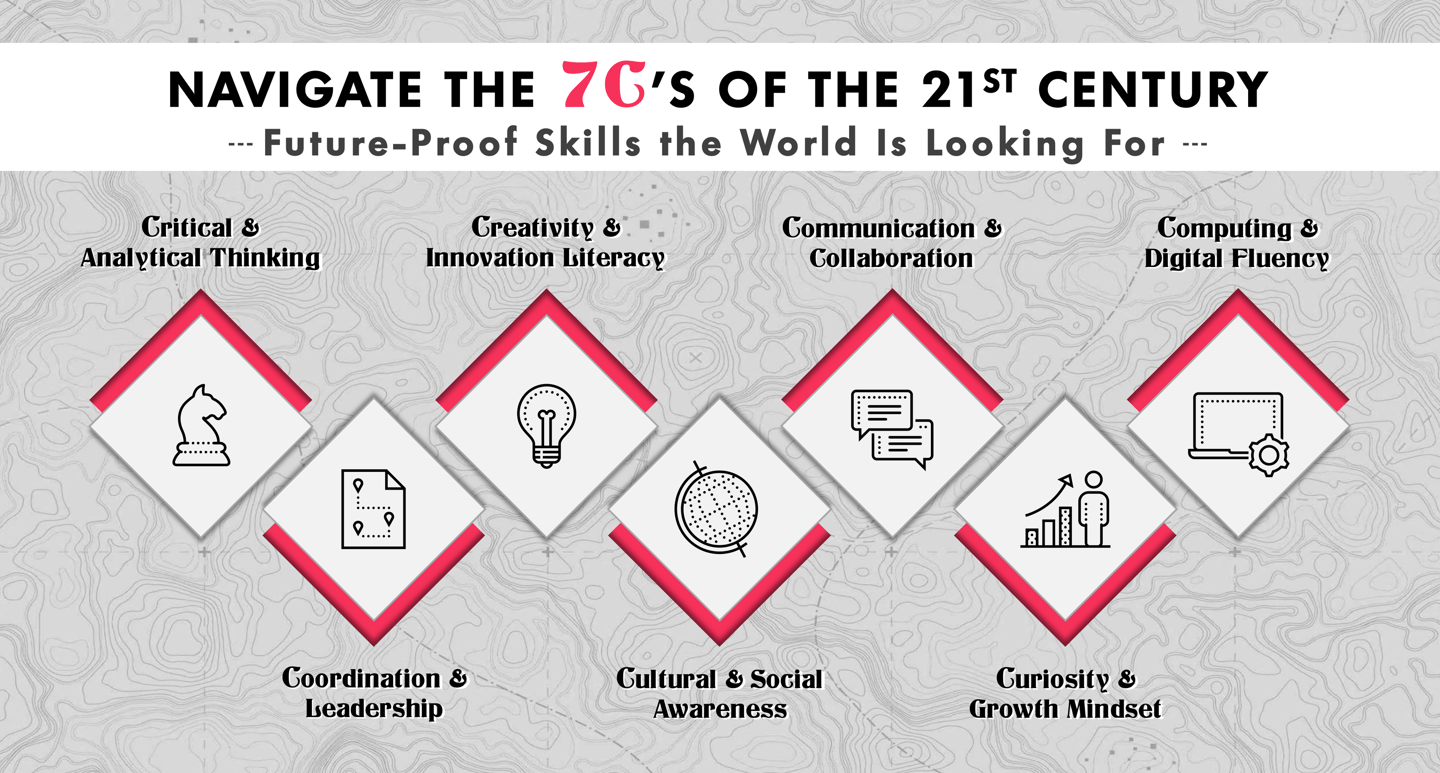

In today’s dynamic and rapidly changing world, success isn’t just about what you know—it’s about how you think, communicate, and adapt. Just as a skilled sailor must navigate the seven seas, you must navigate the 7C’s. These core skills are your compass, guiding you through the complexity of personal and professional growth. Whether you’re steering your career or charting a course toward personal achievement, mastering the 7C’s will empower you to stay on course and adapt to the shifting tides of life. Ready to embark on your journey?
Critical & Analytical Thinking.
Critical and analytical thinking empower you to break down complex information, evaluate arguments, and make informed decisions. In an era flooded with data, these skills are your compass. Whether you’re analysing business strategies or sifting through vast amounts of information, critical thinking helps you focus on what truly matters. By questioning assumptions and recognizing biases, you become equipped to solve problems effectively and make impactful decisions. These skills are the foundation for strategic planning, financial assessments, and independent thinking—essential for anyone looking to succeed in a fast-paced, data-driven world.
Creative & Innovative Literacy.
Creative and innovative literacy isn’t just about thinking outside the box—it’s about transforming ideas into groundbreaking solutions. Whether you’re developing a new product, streamlining processes, or delivering a compelling presentation, these skills are your key to distinguishing yourself in a competitive marketplace. Creativity drives innovation, allowing you to adapt, solve problems, and seize new opportunities. It’s the engine behind entrepreneurial success, helping you bring visionary concepts to life. In a world of constant change, creative and innovative literacy is your edge.
Communication & Collaboration.
Communication and collaboration are the cornerstones of success in our interconnected world. It’s not just about talking—it’s about connecting. Effective communication involves expressing ideas clearly, negotiating effectively, and speaking confidently in front of large audiences. Collaboration goes beyond teamwork; it’s about leveraging diverse perspectives to achieve shared goals. Whether you’re leading a project, presenting your vision to stakeholders, or working in a global team, strong communication and collaboration skills enable you to build relationships, inspire others, and drive collective success. In any field, these skills are essential for achieving outstanding results.
Computing & Digital Fluency.
In a world where technology is omnipresent, computing and digital fluency are not just skills—they’re necessities. This includes mastering software, utilizing AI tools, understanding and analysing data, and staying ahead of technological trends. Whether you’re conducting research, making informed decisions, or protecting your online privacy, digital fluency empowers you to navigate the digital landscape with confidence. It’s about more than just using tools; it’s about understanding the ethics and responsibilities that come with technology. In an increasingly digital world, these skills open doors, enabling you to innovate and solve problems with creativity and efficiency.
Coordination & Leadership.
Coordination and leadership go beyond managing people—they’re about inspiring teams and driving change. This skill involves strategic planning, effective organization, and the ability to lead teams to success. It’s about seeing the big picture while managing the details, ensuring that everyone is aligned and moving toward a common goal. Recognizing opportunities, managing and fostering a culture of change within any organization are all crucial aspects of coordination and leadership. Whether you’re managing a project, guiding a community initiative, or leading a global team, these skills are essential for turning vision into reality.
Cultural & Social Awareness.
Cultural and social awareness are your keys to thriving in a diverse, globalized world. These skills involve understanding and respecting different perspectives, practices, and emotional dynamics. Emotional intelligence helps you navigate relationships, manage your own emotions, and empathize with others. Proficiency in foreign languages and cross-cultural communication enables you to engage effectively across borders and cultures. Whether you’re collaborating on a divers team, developing sustainable business practices, or engaging in community outreach, cultural and social awareness help you connect, understand, and act with integrity. These skills are crucial for building strong, inclusive, and ethical relationships in today’s world.
Curiosity & Growth Mindset.
A mindset rooted in curiosity and growth keeps you agile and forward-thinking in a rapidly changing world. These skills are about fostering a love for learning, providing constructive feedback, and maintaining the grit to overcome challenges. Lifelong learning is your commitment to staying curious and continuously expanding your knowledge and skills. Coupled with resilience, it ensures that setbacks are seen as opportunities to reflect, learn, and grow, not reasons to give up. Whether you’re adapting to new technologies, exploring different fields, or bouncing back from failures, this mindset helps you stay adaptable, motivated, and ready to seize new opportunities for growth.
Mastering the 7C’s will give you the edge in today’s complex world. These skills equip you to navigate the turbulent waters of modern life with confidence. Don’t wait for the perfect conditions—the seas of life are always in motion. Identify the skills you need to strengthen, and begin charting your path today. With the 7C’s as your guide, you’ll be prepared to sail toward a future of growth, achievement, and discovery.
In today’s dynamic and rapidly changing world, success isn’t just about what you know—it’s about how you think, communicate, and adapt. Just as a skilled sailor must navigate the seas, you must navigate the 7C’s. These seven core skills are your compass, guiding you through the complexity of personal and professional growth. Whether you’re steering your career or charting a course toward personal achievement, mastering the 7C’s will empower you to stay on course and adapt to the shifting tides of life. Ready to embark on your journey?
Critical & Analytical Thinking.
Critical and analytical thinking empower you to break down complex information, evaluate arguments, and make informed decisions. In an era flooded with data, these skills are your compass. Whether you’re analysing business strategies or sifting through vast amounts of information, critical thinking helps you focus on what truly matters. By questioning assumptions and recognizing biases, you become equipped to solve problems effectively and make impactful decisions. These skills are the foundation for strategic planning, financial assessments, and independent thinking—essential for anyone looking to succeed in a fast-paced, data-driven world.
Creative & Innovative Literacy.
Creative and innovative literacy isn’t just about thinking outside the box—it’s about transforming ideas into groundbreaking solutions. Whether you’re developing a new product, streamlining processes, or delivering a compelling presentation, these skills are your key to distinguishing yourself in a competitive marketplace. Creativity drives innovation, allowing you to adapt, solve problems, and seize new opportunities. It’s the engine behind entrepreneurial success, helping you bring visionary concepts to life. In a world of constant change, creative and innovative literacy is your edge.
Communication & Collaboration.
Communication and collaboration are the cornerstones of success in our interconnected world. It’s not just about talking—it’s about connecting. Effective communication involves expressing ideas clearly, negotiating effectively, and speaking confidently in front of large audiences. Collaboration goes beyond teamwork; it’s about leveraging diverse perspectives to achieve shared goals. Whether you’re leading a project, presenting your vision to stakeholders, or working in a global team, strong communication and collaboration skills enable you to build relationships, inspire others, and drive collective success. In any field, these skills are essential for achieving outstanding results.
Computing & Digital Fluency.
In a world where technology is omnipresent, computing and digital fluency are not just skills—they’re necessities. This includes mastering software, utilizing AI tools, understanding and analysing data, and staying ahead of technological trends. Whether you’re conducting research, making informed decisions, or protecting your online privacy, digital fluency empowers you to navigate the digital landscape with confidence. It’s about more than just using tools; it’s about understanding the ethics and responsibilities that come with technology. In an increasingly digital world, these skills open doors, enabling you to innovate and solve problems with creativity and efficiency.
Coordination & Leadership.
Coordination and leadership go beyond managing people—they’re about inspiring teams and driving change. This skill involves strategic planning, effective organization, and the ability to lead teams to success. It’s about seeing the big picture while managing the details, ensuring that everyone is aligned and moving toward a common goal. Recognizing opportunities, managing and fostering a culture of change within any organization are all crucial aspects of coordination and leadership. Whether you’re managing a project, guiding a community initiative, or leading a global team, these skills are essential for turning vision into reality.
Cultural & Social Awareness.
Cultural and social awareness are your keys to thriving in a diverse, globalized world. These skills involve understanding and respecting different perspectives, practices, and emotional dynamics. Emotional intelligence helps you navigate relationships, manage your own emotions, and empathize with others. Proficiency in foreign languages and cross-cultural communication enables you to engage effectively across borders and cultures. Whether you’re collaborating on a divers team, developing sustainable business practices, or engaging in community outreach, cultural and social awareness help you connect, understand, and act with integrity. These skills are crucial for building strong, inclusive, and ethical relationships in today’s world.
Curiosity & Growth Mindset.
A mindset rooted in curiosity and growth keeps you agile and forward-thinking in a rapidly changing world. These skills are about fostering a love for learning, providing constructive feedback, and maintaining the grit to overcome challenges. Lifelong learning is your commitment to staying curious and continuously expanding your knowledge and skills. Coupled with resilience, it ensures that setbacks are seen as opportunities to reflect, learn, and grow, not reasons to give up. Whether you’re adapting to new technologies, exploring different fields, or bouncing back from failures, this mindset helps you stay adaptable, motivated, and ready to seize new opportunities for growth.
Mastering the 7C’s will give you the edge in today’s complex world. These skills equip you to navigate the turbulent waters of modern life with confidence. Don’t wait for the perfect conditions—the seas of life are always in motion. Identify the skills you need to strengthen, and begin charting your path today. With the 7C’s as your guide, you’ll be prepared to sail toward a future of growth, achievement, and discovery.

99 Books to Master 33 Skills

Feel Overwhelmed?
Don’t know Where to Start?
Need Specific Advice?






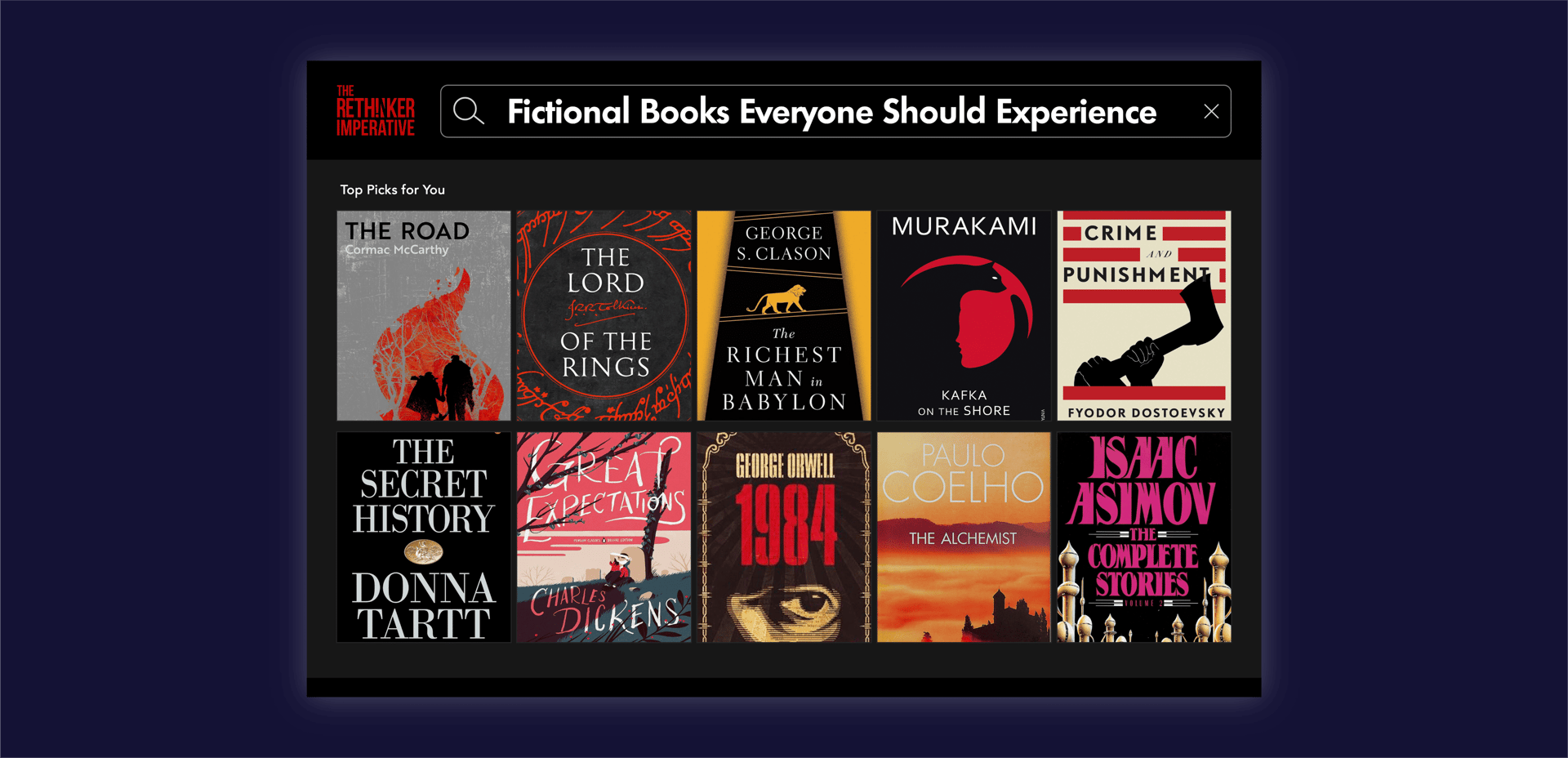
The truth is, none of us have it all figured out. We are all a work in progress—constantly learning, evolving, and growing. I know it can be uncomfortable. We set high expectations for ourselves, and the challenges can feel overwhelming. But here’s the little secret: you don’t need to have it all figured out. It’s okay to be a work in progress. What matters most is that you’re willing to grow, and take the steps toward becoming the person you aspire to be.
Here’s another key insight: we often don’t achieve our best growth in isolation. We’re not great at spotting our own blind spots, and it’s hard to find new solutions when faced with the same problems day after day. Sometimes, all it takes is a fresh perspective—a sounding board, an experienced guide, a proven mentor to help us along the way.
That’s why having the right support makes all the difference. And this is where I come in—to help you uncover your blind spots and guide you through your next steps. Ready to get started? Let’s talk about how I can help you on your journey and together we create your personalized roadmap for growth.

Success isn’t just about personal drive and resilience—it’s also about the company you keep, your very own Pantheon of Success. As Jim Rohn famously said, “You are the average of the five people you spend the most time with.” Just as the ancient gods in a Pantheon wielded immense power over the world, the people in your life deeply influence your thinking, decisions, and achievements. That’s why surrounding yourself with the right people is key to your growth.
They Form Your Mindset.
The beliefs and attitudes of those closest to you can shift your outlook on life. When you surround yourself with positive, growth-minded individuals, their mindset rubs off on you, helping you stay optimistic even in tough times. In contrast, negative or complacent people can feed doubt, drag you down and hold you back from realizing your goals.
They Fuel Your Motivation.
Supportive friends, mentors and colleagues are like fuel for your journey. Whether through encouragement, constructive feedback, or simply being there when you need it, the right people help you stay focused and driven. Their belief in your potential can reignite your own confidence, inspiring you to push past limits and to reach new heights.
They Hold You Accountable.
Having people who hold you accountable can be a game-changer. Sharing your goals with others, especially goal-driven individuals, creates a network of accountability. These people keep you on track, will remind you of your commitments, push you to stay disciplined, and help you stay aligned with your ambitions. This support system accelerates your growth and keeps you progressing.
They Expand Your Knowledge.
The people you surround yourself with often contribute to your knowledge and skills. By engaging with individuals who excel in different areas, you gain new perspectives and learn valuable insights. This exchange of knowledge broadens your understanding and equips you with the tools needed to navigate various challenges and pursue new opportunities.
They Set the Bar High.
The people you surround yourself with set the standard for what you believe is possible. If you’re constantly around high achievers, their drive and accomplishments push you to raise your own expectations. When others excel, you start to see success as the norm, motivating you to strive for more in your own life.
They Open New Doors.
Your network is a treasure trove of opportunities. The right people can introduce you to valuable connections, recommend you for positions, or collaborate with you on exciting projects. Success often comes by proxy—being linked to individuals who can directly influence your career or personal growth. Building strong relationships can turn chance encounters into life-changing opportunities. A strong, supportive network doesn’t just enhance your career—it can transform it.
Your journey to success is deeply intertwined with the people you choose to surround yourself with. Take a moment to evaluate your inner circle. Who fuels your growth and who holds you back? By intentionally building a network of positive, supportive, and ambitious individuals, you are creating your own personal Pantheon of Success—an environment that nurtures your growth and propels you toward your goals. Remember, your environment can either lift you up or hold you back—so curate your Pantheon wisely.



The journey of personal and professional growth is akin to navigating an ancient map, one filled with uncharted territories, teeming with dragons, sea monsters, unexpected challenges, and unseen opportunities. On this map, you might encounter familiar landmarks, but you’ll also see vast expanses marked with the famous latin phrase: HIC SUNT DRACONES — Here Be Dragons.
These words signaled the edge of the known world—territories unexplored, fraught with unknown dangers, but also filled with the potential for great discovery. The dragons represent the fears, doubts, and obstacles that lie on the path of growth. They remind us that stepping into the unknown is never without risk, but it’s precisely in those daunting moments of uncertainty that we find the most profound opportunities for transformation.
Facing the Unknown.
Historically, these maps were not static; they required constant updates and revisions as new lands were discovered and old assumptions were challenged. Similarly, as you navigate your personal and professional growth, you too must continually update your mental maps. Old assumptions give way to new insights as you explore unfamiliar territory. The world we live in today is one where uncertainty is not just inevitable but constant, and our success depends on our ability to adapt and thrive amidst it.
In the financial world, risk managers often mark certain uncertainties as T.B.D.—There Be Dragons—highlighting the presence of risks that defy prediction. These are the hidden dangers that, much like the dragons of ancient maps, cannot be fully anticipated but must be navigated with caution and insight.
Consider the blank spaces on those ancient maps—places where the cartographers had yet to tread, where the possibilities were endless. These spaces are not just voids; they are invitations to explore, to uncover serendipitous discoveries, forge unexpected connections, and birth revolutionary ideas. The key to thriving in this unpredictable world is to embrace a mindset that values curiosity, adaptability, and a willingness to fail in the pursuit of growth and success.
Think of Steve Jobs, who ventured into the unknown by challenging traditional concepts of design and technology with Apple. By facing the dragons of uncertainty, Jobs revolutionized not only the tech industry but also the way we interact with the world. His willingness to step into uncharted territory redefined innovation and success.
Just as the mapmakers of old had to leave behind the security of the known world to chart new territories, so too must we move beyond rigid, linear plans. In today’s world, the notion of a five-year plan gives way to a five-year direction—a flexible path guided by your own personal North Star. This new mental map allows room for deviation, exploration, and the kind of growth that only comes from stepping into the unknown.
To navigate the ocean of possibilities before you, you must embrace uncertainty as a companion, not an enemy. In these uncharted waters lie your greatest opportunities for growth. It is in these unexplored depths that the greatest discoveries are made, where the dragons of your fears transform into opportunities for greatness.
Embrace the Adventure.
The dragons you face—whether they be self-doubt, fear of failure, or the challenges of breaking old habits—are not there to stop you. They’re there to test your resolve, to push you beyond your limits, and to help you grow into the person you aspire to be.
As Mithrandir wisely said, “Many are the strange chances of the world [...]” “All we have to decide is what to do with the time that is given to us.” These words resonate deeply when navigating the uncharted territories of both personal and professional growth. Life, much like those ancient maps, presents us with strange, unpredictable twists—opportunities and challenges that often appear when least expected. The “strange chances” that arise are akin to those blank spaces on the map—unknown, unpredictable, yet teeming with possibility.
Yet, while we may not have control over when or how these chances appear, remember that we do hold the power to decide how we respond to them. The decision to face these challenges with courage, curiosity, and purpose is what ultimately shapes our journey. In a world where certainty is elusive, it is our choices—how we use the time and opportunities before us—that define our success, our growth, and our fulfillment. Embrace the unexpected, take ownership of our time and decisions, and to step boldly into the world beyond your preconceived boundaries. The journey is not just about where we go, but about how we choose to engage with the challenges and opportunities that arise along the way.
By accepting that we cannot predict every twist or avoid every obstacle, we free ourselves to embrace the adventure of exploration, armed with the understanding that our response to these uncertainties will shape the outcome. Whether we choose to see the dragons as insurmountable barriers or as opportunities for greatness is entirely within our control.
Ready to Face Your Dragons?
As you chart your course on this lifelong journey of learning and self-improvement, don’t shy away from the dragons. Face them head-on, for it’s through these challenges that you’ll uncover your full potential. Your map is not yet fully drawn—each step you take, each risk you embrace, adds to the richness of your life’s story.
Remember, the journey may be daunting, but the rewards are immeasurable. Venture boldly into the unknown, for that’s where the greatest discoveries await. There Be Dragons—and with them, your greatest opportunities for growth!

Download FREE insightful resources and
access a wealth of curated knowledge to
shape your own self-development path.


